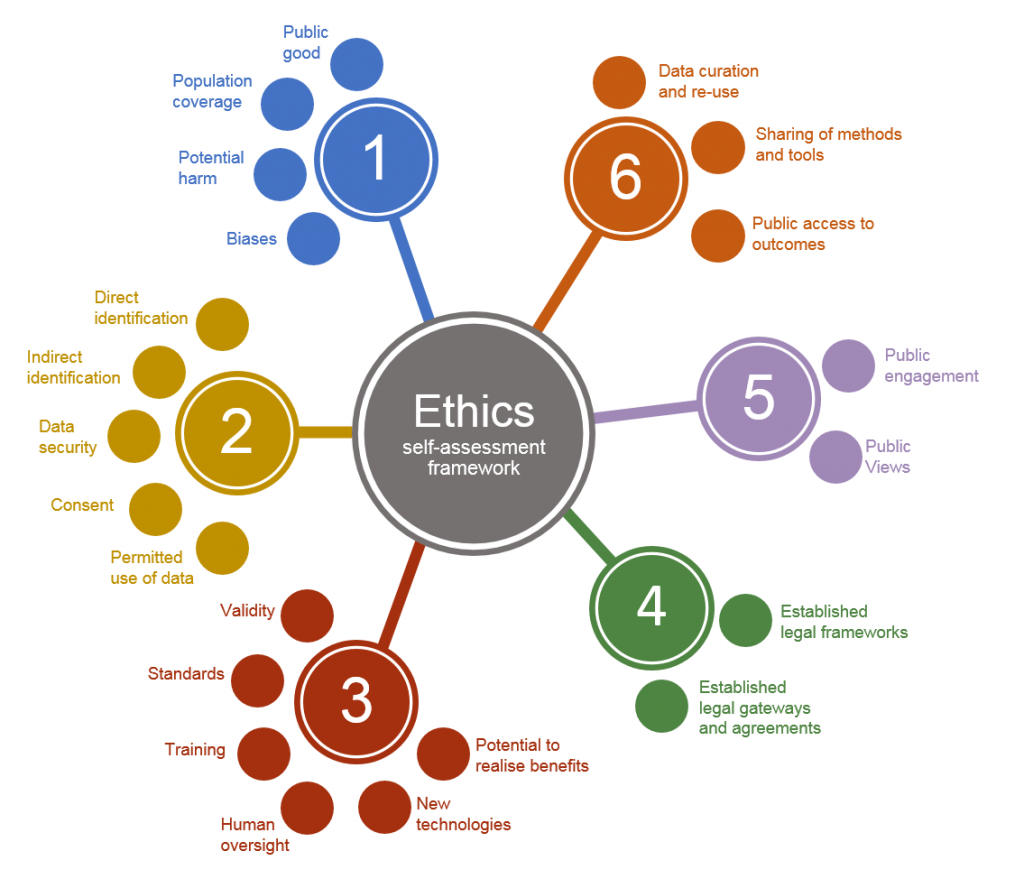2. Week 2 Learning and Application Notebook 9.21.22 - aboatwr/R4R GitHub Wiki
Brief overview of what I learned this week.
This week we talked about open science in the FOSS workshop and covered topics concerning Open Access Publications, Open Data, Open Educational Resources, Open Methodology, Open Peer Review, and Open Source Software.
How might the concepts I learned this week apply to my research now?
I am curious about the idea of open peer review and if it could be a useful tool for new PhD's who could use more feedback from the field before submitting to a top journal. From our discussion yesterday (Tuesday), it sounds like there are a lot of pros and cons regarding open peer review. The main pros that stood out to me are that the reviewers have to submit their names, therefore they may have more incentives to be polite and provide useful criticism, and that open peer review may be more accessible than other more formal means of peer review. The main cons are that your work may be reviewed by people who are not experts in the field and the reviews may be less formal.
How might I apply the concepts I learned this week in the future?
This weeks discussions brought up a few questions that I think are useful to think about as I move forward in my field:
What are the best ways to share and communicate data and research with policy makers?
- I've heard that working directly with local policy makers isn't viewed as "important/relevant" work when you are coming up with tenure in my field - this sounds like a disincentive to work towards open science and to communicate my work with the public which is really puzzling to me. I think I need to think about the most efficient means to communicate my work with policy makers, so that my work can still be relevant and helpful but that so my main focus still remains on other research projects as I work towards tenure. After I have tenure, I will be able to allocate more time to policy work.
How do the six-axis of ethics relate to my research?
- I think that I can most relate to the 3rd axis at the moment, specifically validity. I've had some discussions within my research team lately about best practices surrounding how to include weather data in time series / panel data analysis. Because weather stations are built in non-random locations and and built at different times, it is difficult to construct a time series of weather across countries that accurately reflects weather without significant serial correlation related to measurement error. Therefore, before I report any results related to analysis using weather data, it is important for me to think about the validity of the data and how it might have impacted my results.

What concepts could use more explanation/discussion?
I think it would be helpful to have more examples of projects/research that are good examples of open science and to talk through them together as a group.